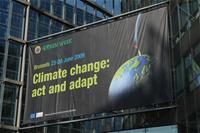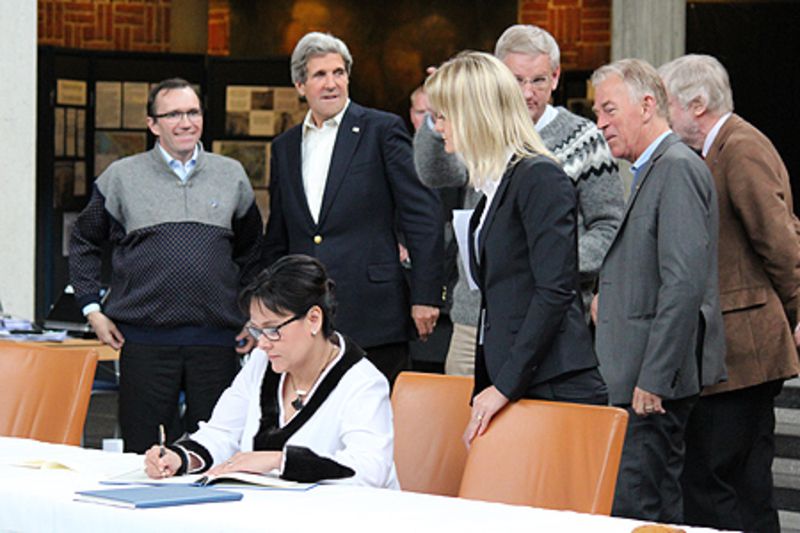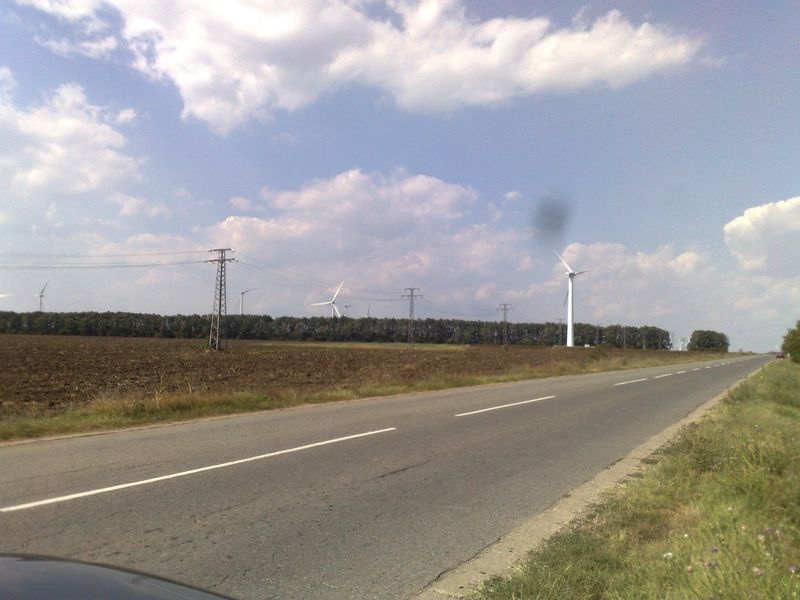Iceland joined EU's Climate and Energy package
euinside, December 16, 2009
 Iceland fully joined the EU's Climate and Energy package, in spite of not being a member of the Union yet. This is what came up of the Agriculture and Fisheries Council in Brussels. Iceland which because of the crisis filed an application for EU membership, has requested to join the package, promising to implement it fully. Now the the European Commission has to present a recommendation for the opening of the necessary negotiations with Iceland that is in line with the principles and criteria set out in the EU's Climate and Energy Package.
Iceland fully joined the EU's Climate and Energy package, in spite of not being a member of the Union yet. This is what came up of the Agriculture and Fisheries Council in Brussels. Iceland which because of the crisis filed an application for EU membership, has requested to join the package, promising to implement it fully. Now the the European Commission has to present a recommendation for the opening of the necessary negotiations with Iceland that is in line with the principles and criteria set out in the EU's Climate and Energy Package.
The document has been endorsed in January 2008 and is more popular as the scheme 20/20/20. In other words, it foresees reduction of greenhouse emissions with at at least 20% compared to 1990 levels by 2020 and with 30% if other developed countries make similar commitments; increasing use of renewables to 20% of total energy production which is estimated currently to be 8.5%. The third pillar of the package is cutting energy consumption by 20% of projected 2020 levels - by improving energy efficiency.
The package is supposed to enter into force in 2011 at the latest and as of 1st of January 2013 the new rules in the European Emissions Trading System should come into force too. To achieve these goals the document requires power plants and energy-intensive industries to cut their emissions to 21% below 2005 levels by 2020. This will be stimulated by granting fewer emission allowances under the EU Emissions Trading System (ETS) which is covering some 40% of total EU emissions.
Regarding the RES there will be binding national targets, varying from 10% for Malta to 49% for Sweden. Besides, at least 10% of transport fuel in each country must be renewable - biofuels, hydrogen or electricity.
The EU has calculated that if the measures in the package are to be fully implemented in time, this will lead to 50 bn euro a year less on oil and gas imports by 2020, will increase energy security and will help climate change. It is estimated that some 1 mn jobs will also be created in the sectors, related to RES production by 2020. So far 300,000 jobs have been created in these sectors.
 | © Government of Sweden
| © Government of Sweden | © КРИБ
| © КРИБ | © euinside
| © euinside